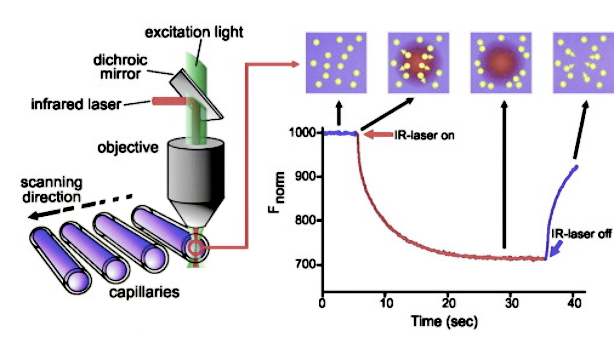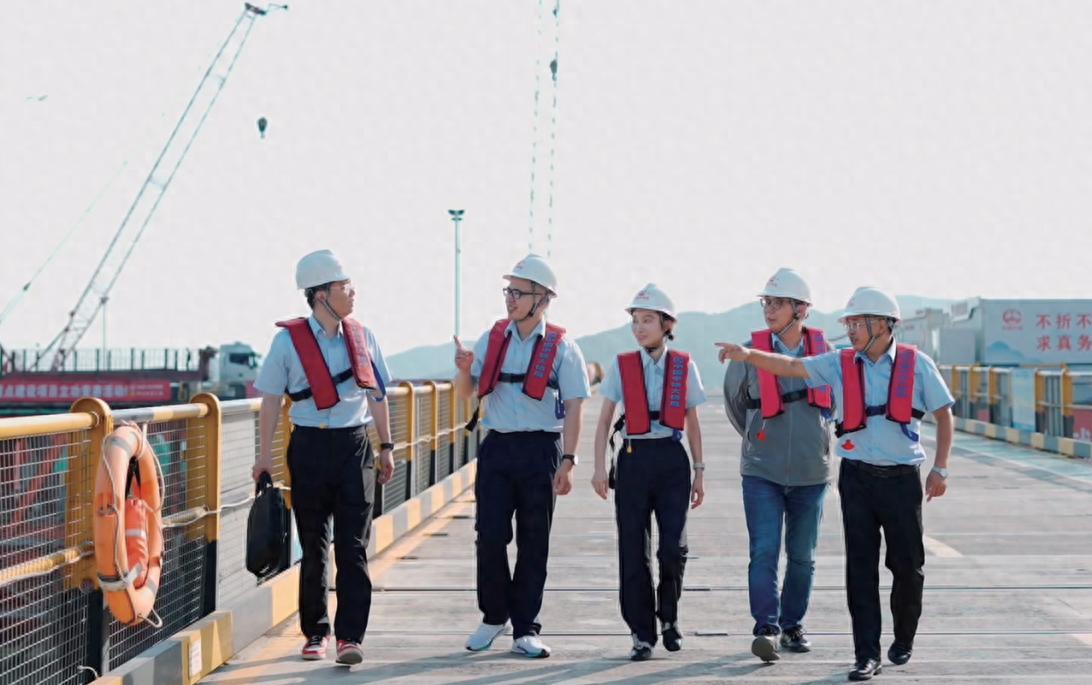
随着巴以冲突进入第二个月,联合国秘书长古特雷斯今天在纽约总部向媒体发表讲话指出,加沙的噩梦不仅仅是一场人道主义危机,更是一场人性危机。他呼吁国际社会立即帮助停止不人道的集体苦难,并大幅扩大对加沙的人道主义援助。
联合国人道主义事务协调厅援引加沙卫生部门的数据称,自10月7日以来,加沙地带死亡人数已达9770人,其中包括4008名儿童和2550名妇女。
与此同时,加沙约有2260人失踪,其中包括1270名儿童,估计大部分人被困在瓦砾下等待着救援,或已死在废墟中。
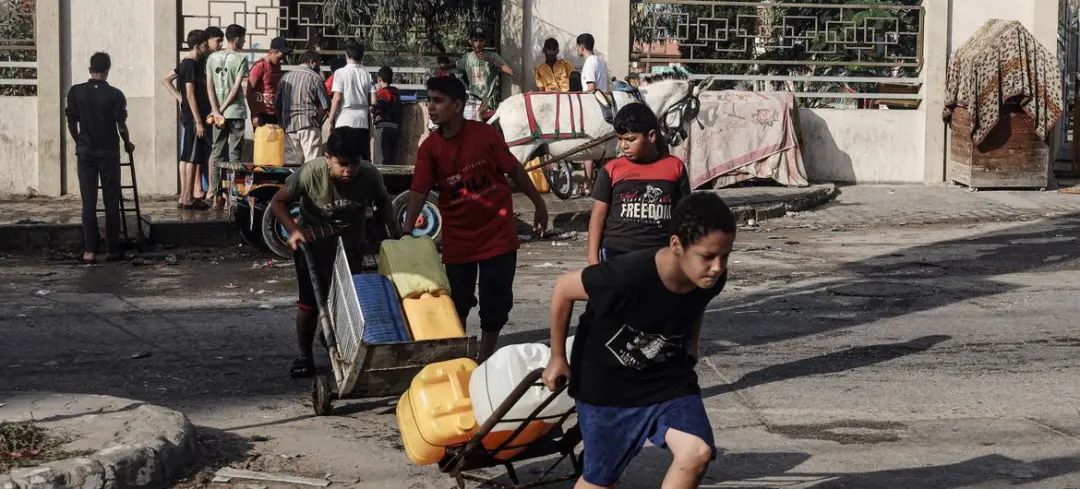
© 儿基会/Eyad El Baba | 在加沙地带南部的汗尤尼斯市,孩子们正在取水。
© 联合国视频|古特雷斯就巴以危机向媒体发表讲话
古特雷斯:
加沙噩梦是一场人性危机
古特雷斯秘书长讲话全文
Very good morning.
The nightmare in Gaza is more than a humanitarian crisis.
It is a crisis of humanity.
The intensifying conflict is shaking the world, rattling the region and, most tragically, destroying so many innocent lives.
Ground operations by the Israel Defense Forces and continued bombardment are hitting civilians, hospitals, refugee camps, mosques, churches and UN facilities – including shelters.
No one is safe.
At the same time, Hamas and other militants use civilians as human shields and continue to launch rockets indiscriminately towards Israel.
I reiterate my utter condemnation of the abhorrent acts of terror perpetrated by Hamas on 7 October – and repeat my call for the immediate, unconditional and safe release of hostages held in Gaza.
Nothing can justify the deliberate torture, killing, injuring and kidnapping of civilians.
The protection of civilians must be paramount.
I am deeply concerned about clear violations of international humanitarian law that we are witnessing.
Let me be clear: No party to an armed conflict is above international humanitarian law.
Ladies and gentlemen of the press,
Gaza is becoming a graveyard for children. Hundreds of girls and boys are reportedly being killed or injured every day.
More journalists have reportedly been killed over a four-week period than in any conflict in at least three decades.
More United Nations aid workers have been killed than in any comparable period in the history of our organization.
I salute all those who continue their life-saving work despite the overwhelming challenges and risks.
The unfolding catastrophe makes the need for a humanitarian ceasefire more urgent with every passing hour.
The parties to the conflict — and, indeed, the international community — face an immediate and fundamental responsibility: to stop the inhuman collective suffering and dramatically expand humanitarian aid to Gaza.
Today, the United Nations and our partners are launching a $1.2 billion humanitarian appeal to help 2.7 million people – that’s the entire population of the Gaza Strip and half a million Palestinians in the West Bank, including East Jerusalem.
Some life-saving aid is getting into Gaza from Egypt through the Rafah crossing.
But the trickle of assistance does not meet the ocean of need.
And let’s be clear: the Rafah crossing alone does not have the capacity to process aid trucks at the scale required.
Just over 400 trucks have crossed into Gaza over the past two weeks – compared with 500 a day before the conflict. And crucially, this does not include fuel.
Without fuel, newborn babies in incubators and patients on life support will die.
Water cannot be pumped or purified.
Raw sewage could soon start gushing onto the streets, further spreading disease.
Trucks loaded with critical relief will be stranded.
The way forward is clear.
A humanitarian ceasefire. Now.
All parties respecting all their obligations under international humanitarian law. Now.
This means the unconditional release of the hostages in Gaza. Now.
The protection of civilians, hospitals, UN facilities, shelters and schools. Now.
More food, more water, more medicine and of course fuel – entering Gaza safely, swiftly and at the scale needed. Now.
Unfettered access to deliver supplies to all people in need in Gaza. Now.
And the end of the use of civilians as human shields. Now.
None of these appeals should be conditional on the others.
And for all of this, we need more funding – now.
In addition, I remain gravely concerned about rising violence and an expansion of the conflict. The occupied West Bank, including East Jerusalem, is at a boiling point.
Let us also not forget the importance of addressing the risks of the conflict spilling over to the wider region.
We are already witnessing a spiral of escalation from Lebanon and Syria, to Iraq and Yemen.
That escalation must stop.
Cool heads and diplomatic efforts must prevail.
Hateful rhetoric and provocative actions must cease.
I am deeply troubled by the rise in antisemitism and anti-Muslim bigotry.
Jewish and Muslim communities in many parts of the world are on high alert, fearing for their personal safety and security.
Emotions are at a fever pitch. Tensions are running high.
The images of suffering are heart breaking and soul crushing.
But we must find a way to hold on to our common humanity.
I think of civilians in Gaza – the vast majority women and children — terrified by the relentless bombardment.
I join the UN family in mourning 89 of our UNRWA colleagues who have been killed in Gaza – many of them together with members of their family.
They include teachers, school principals, doctors, engineers, guards, support staff and a young woman named Mai.
Mai did not let her muscular dystrophy or her wheelchair confine her dreams. She was a top student, became a software developer and devoted her skills to working on information technology for UNRWA.
I am so deeply inspired by her example.
I think of all those tortured and killed in Israel nearly one month ago and the hostages – abducted from their homes, their families, their friends while simply living their lives.
Ten days ago, I met with some of the family members of those hostages.
I heard their stories, felt their anguish and was deeply moved by their compassion.
I will never relent in working for their immediate release. This is essential in itself and central to solving many other challenges.
One mother movingly shared with me her desolation over her abducted son, Hersh.
She also spoke outside the Security Council – and on the subject of confronting hatred, she said:
“When you only get outraged when one side’s babies are killed, then your moral compass is broken and your humanity is broken.”
Even in her utter despair, she stood before the world and reminded us:
“In a competition of pain, there is never a winner.”
We must act now to find a way out of this brutal, awful, agonizing dead end of destruction.
To help end the pain and suffering.
To help heal the broken.
And to help pave the way to peace, to a two-state solution with Israelis and Palestinians living in peace and security.
Thank you.
点击展开
以色列国防军的地面行动和持续的轰炸袭击了平民、医院、难民营、清真寺、教堂和包括避难所在内的联合国设施。古特雷斯表示:“没有人是安全的。”
古特雷斯秘书长再次坚决谴责哈马斯在10月7日犯下的令人发指的恐怖行为,并再次呼吁立即、无条件和安全地释放被关押在加沙的人质。
他对正在发生的明显违反国际人道法的行为深感关切。他强调,武装冲突的任何一方都不能凌驾于国际人道法之上。必须把保护平民放在首位。
古特雷斯向媒体强调,加沙正在成为儿童的坟场。每天都有数百名无辜的儿童伤亡。与此同时,在四周时间里,遇难记者人数比30年来任何一次冲突都要多。
罹难的联合国援助人员比联合国历史上任何可比时期都要多。自10月7日以来,近东救济工程处已经失去了89名工作人员。
古特雷斯秘书长指出,正在加剧的灾难使人道主义停火的必要性日益迫切。国际社会面临着一项迫在眉睫的根本责任:停止不人道的集体苦难,并大幅扩大对加沙的人道主义援助。

© 近东救济工程处|难民营学校遭到空袭
古特雷斯秘书长向媒体通报指出,联合国及其合作伙伴正在发起一项12亿美元的人道主义募捐呼吁,以帮助270万受冲突影响的巴勒斯坦民众。
他表示,一些拯救生命的援助物资正从埃及通过拉法口岸进入加沙,但人道救援在巨大的实地需求面前仅是杯水车薪。
古特雷斯强调,前进的道路是明确的:现在就实现人道主义停火;现在就让更多的食物、水、药品和燃料所需的规模安全、迅速地进入加沙。现在就确保不受限制地向加沙所有有需要的人运送物资。
他说:“对于所有这些,我们现在需要更多的资金。”
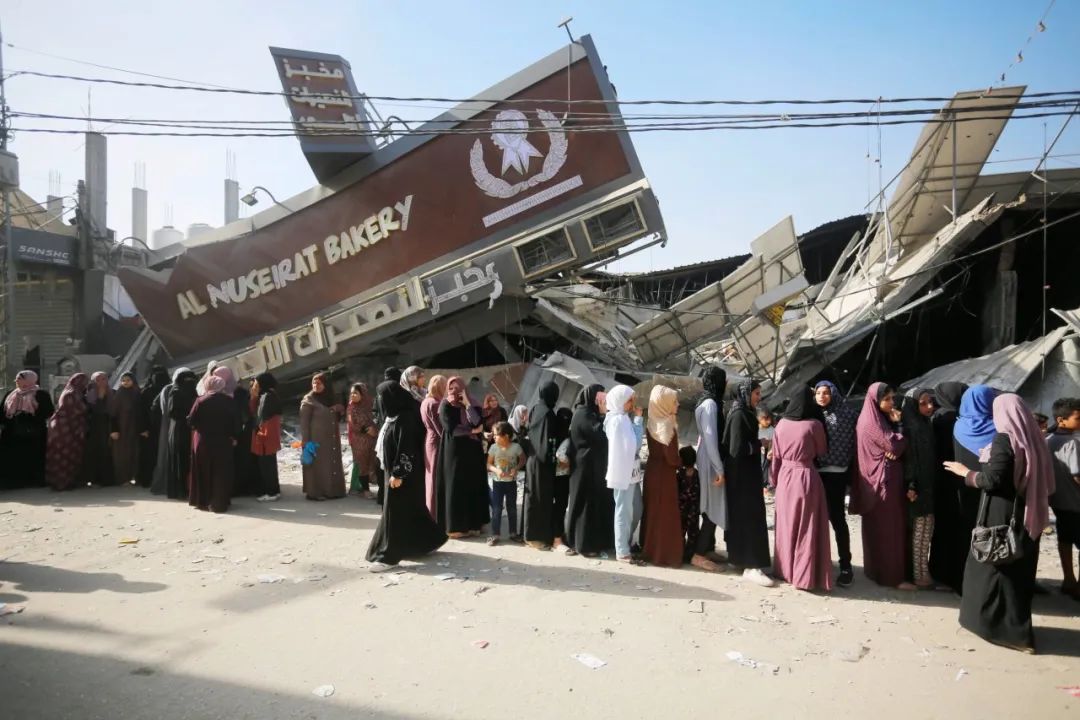
© 近东救济工程处|加沙人民排队4-6小时购买面包
古特雷斯表示,他仍然严重关切暴力活动的增加和冲突范围的扩大。从黎巴嫩和叙利亚,到伊拉克和也门,局势都在不断升级。世界许多地区的犹太人和穆斯林群体处于高度戒备状态,担心他们的人身安全。
他强调,这种升级必须停止。冷静的头脑和外交努力必须占上风。仇恨的言辞和挑衅行为必须停止。
他说:“人们的情绪处于狂热的状态。紧张局势正在加剧。苦难的景象令人心碎。但我们必须找到一种方法来保住我们共同的人性。”
古特雷斯最后呼吁国际社会采取行动,“走出这条残酷、可怕、痛苦的毁灭死胡同”,为和平铺平道路,为以色列人和巴勒斯坦人和平和安全共处的两国方案铺平道路。
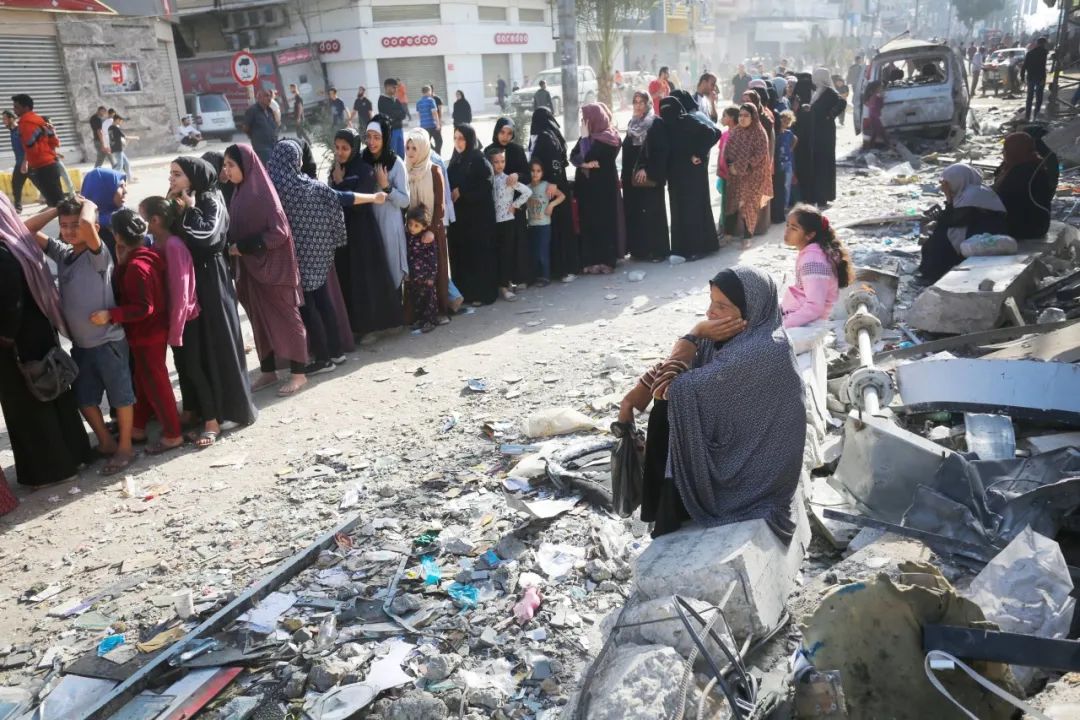
© 近东救济工程处|加沙人民排队4-6小时购买面包
限 时 特 惠: 本站每日持续更新海量各大内部创业教程,一年会员只需98元,全站资源免费下载 点击查看详情
站 长 微 信: lzxmw777




